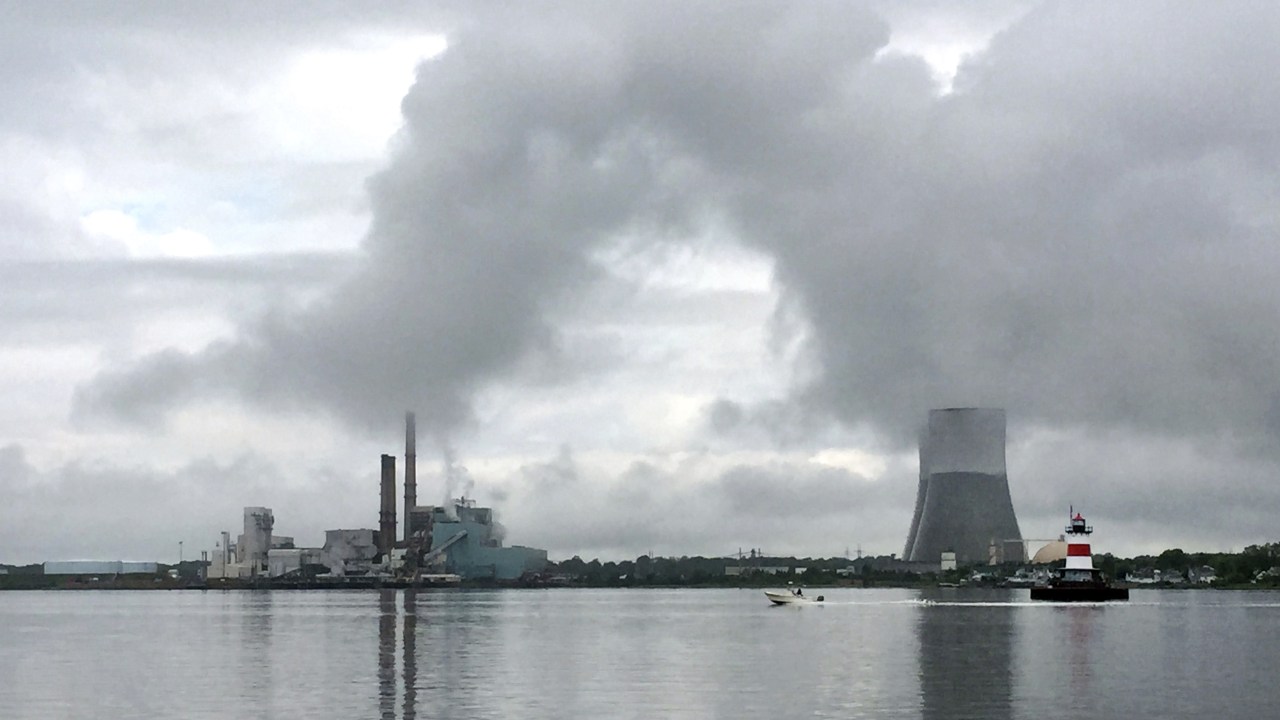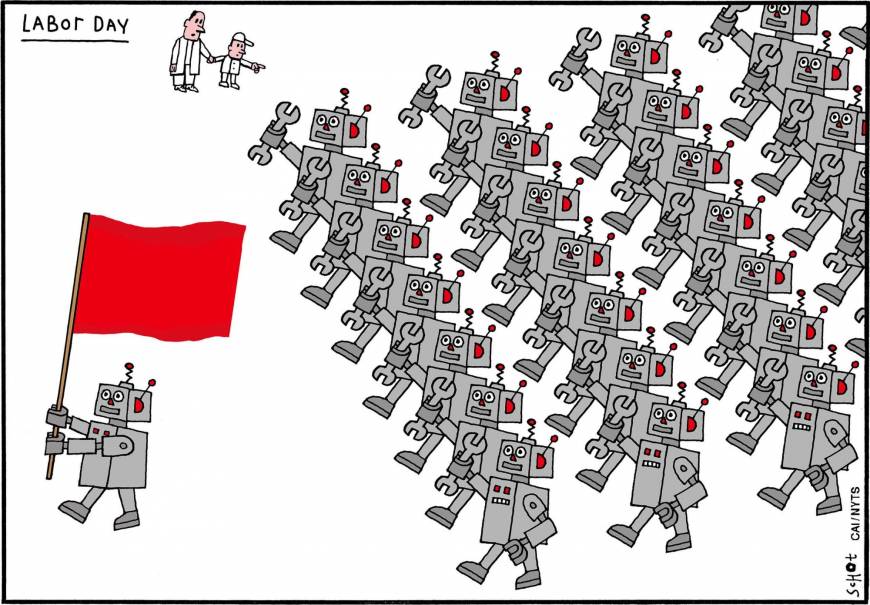Archive for the ‘governance’ category: Page 18
Aug 15, 2017
Instagram’s Kevin Systrom Wants to Clean Up the Internet — by Nicholas Thompson | WIRED
Posted by Odette Bohr Dienel in categories: governance, internet
“To Systrom, it’s pretty simple: Freedom of speech does not mean the freedom to @&#$post.”
Aug 3, 2017
Time to rethink our perspective on jobs and technology — By Curtis S. Chin and Meera Kumar | The Japan Times
Posted by Odette Bohr Dienel in categories: governance, innovation, robotics/AI
Aug 3, 2017
Why driverless cars might not hit the road so fast — By Scott Nyquist | LinkedIn
Posted by Odette Bohr Dienel in categories: governance, government, robotics/AI, transportation
“In May, GM spent $1 billion to buy Cruise Automation, a small startup with promising self-driving software.”
Jul 27, 2017
Floating City Project Wants To Make An ‘Unregulated’ Hub Of Scientific Research
Posted by Montie Adkins in categories: biotech/medical, economics, engineering, food, governance, law, nanotechnology, robotics/AI, sustainability
In the hopes of rising above the laws and regulations of terrestrial nations, a group of Silicon Valley millionaires has bold plans to build a floating city in Tahiti, French Polynesia. It sounds like the start of a sci-fi dystopia (in fact, this is the basic premise behind the video game Bioshock), but the brains behind the project say their techno-libertarian community could become a paradise for technological entrepreneurship and scientific innovation.
The Seasteading Institute was set up in 2008 by billionaire PayPal founder Peter Thiel and software engineer, poker player, and political economic theorist Patri Friedman. Both ardent libertarians, their wide-eyed mission is to “establish permanent, autonomous ocean communities to enable experimentation and innovation with diverse social, political, and legal systems.”
“Seasteading will create unique opportunities for aquaculture, vertical farming, and scientific and engineering research into ecology, wave energy, medicine, nanotechnology, computer science, marine structures, biofuels, etc,” their website reads.
Continue reading “Floating City Project Wants To Make An ‘Unregulated’ Hub Of Scientific Research” »
Jul 19, 2017
A Brief History of Free Money — By Matthew Heimer | Fortune
Posted by Odette Bohr Dienel in categories: economics, governance
“[T]he idea is hardly new: In fact, it has resurfaced repeatedly over the centuries at times of economic transformation, winning allies across the ideological spectrum.”
Jul 1, 2017
Misunderstanding Terrorism — With Marc Sageman | Radio Cafe
Posted by Odette Bohr Dienel in categories: big data, counterterrorism, governance, government, information science, policy, terrorism

There is a radio edit (about one half hour) and an unabridged version (about one hour long).
Jun 28, 2017
World Economic Forum blockchain report calls for ‘multi-stakeholder collaboration’ — By Ian Allison | International Business Times
Posted by Odette Bohr Dienel in categories: cryptocurrencies, governance, policy
“A report outlining how blockchain technology will usher in a new era of the internet has been published by the World Economic Forum at its 11th Annual Meeting of the New Champions, taking place on 27–29 June in Dalian, People’s Republic of China.”
Tag: blockchain
Jun 15, 2017
First digital signature between ESA and Estonia on ICT collaboration for space
Posted by Roman Mednitzer in categories: governance, space
As part of of ESA’s 268th council on 13 June, Urve Palo, Minister of Entrepreneurship and Information Technology of the Republic of Estonia, and Jan Woerner, ESA Director General, digitally signed a Memorandum of Understanding on Information and Communications Technology collaboration. It is the first digital signature performed at ESA.
“I am happy to see that the digital signature has found its way to the European Space Agency,” noted Ms Palo. “I and every other Estonian use it on a daily basis, saving up to five working days per year by this solution.”
“Estonia is proud to share its experience in digital management and e-governance with ESA and to contribute with this strength to the evolution of the European Space 4.0 endeavour. The next step would be to take e-state solutions to space and be part of the development of the Moon Village.”
Continue reading “First digital signature between ESA and Estonia on ICT collaboration for space” »
Jun 9, 2017
Startup Societies Summit: A Decentralized Governance Trade Show
Posted by Joe McKinney in categories: bitcoin, business, cryptocurrencies, defense, economics, futurism, geopolitics, governance, government
Lifeboat Foundation readers are aware that the world has become progressively more chaotic. Part of the danger comes from centralized points of failure. While large institutions can bear great stress, they also cause more harm when they fail. Because there are so few pillars, if one collapses, the whole system is destroyed.
For instance, prior to the federal reserve system, bank runs we extremely common. However, since the financial system consisted of small, competing institutions, failure was confined to deficient banks. So while failure was frequent, it was less impactful and systemic. In contrast, after the establishment of the federal reserve, banks became fewer and larger. Failures, while more infrequent, were large scale catastrophes when they occurred. They affected the whole economy and had longer impact.
This is even more important in political systems, which are the foundation of how a society operates. In order to have a more robust, antifragile social order, systems must be decentralized. Rather than a monopolistic, static political order, there must be a series of decentralized experiments. While failures are inevitable, it can be localized to these small experiments rather than the whole structure.
Continue reading “Startup Societies Summit: A Decentralized Governance Trade Show” »
















